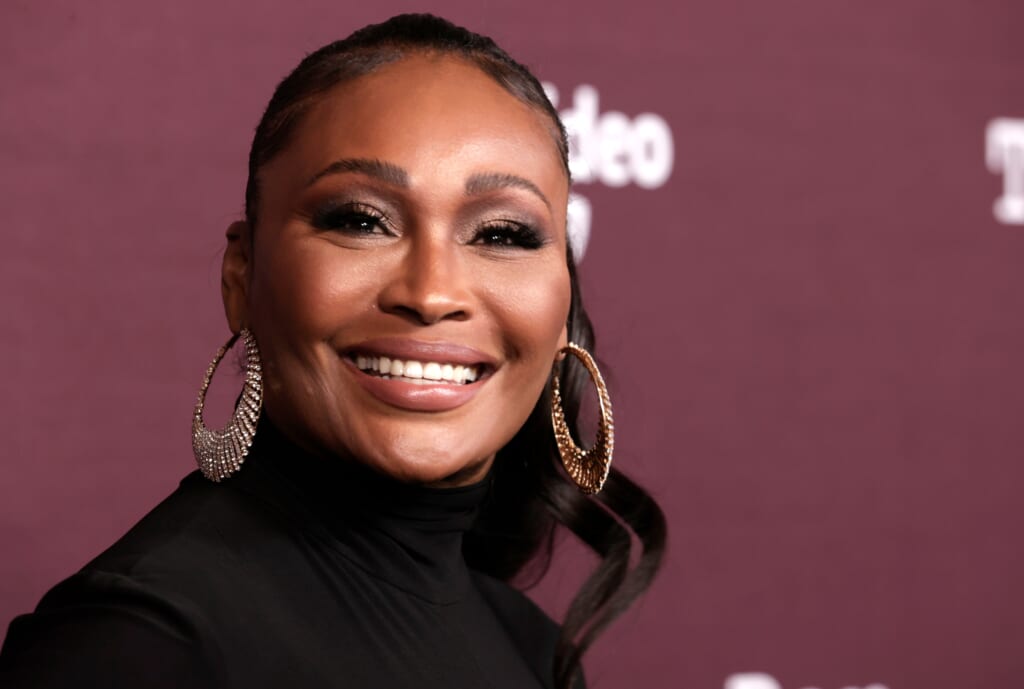Former Real Housewives of Atlanta star Cynthia Bailey is using her platform to share her experience with uterine fibroids, which she said left her in a “dark place” and affected numerous areas of her life.
In an interview with People, Bailey said, “It’s very hard to be in a good space mentally when you’re bleeding all the time and when you don’t have any energy and you’re anemic and you don’t have the sex drive you used to have.”
She told the magazine, “Mentally, I found that I was just in a dark place without really knowing I was in a dark place. When I look at photos of myself during that time, it was like the light was gone because I was bleeding to death in a lot of ways.”

Bailey did the interview in her role as a spokesperson for the USA Fibroids Centers, sharing information about noninvasive, nonsurgical ways to treat the condition as part of Women’s History Month.
The star underwent treatment for fibroids while still on the hit reality show. Through uterine fibroid embolization, which took about 40 minutes, Bailey was able to get her life back.
“The experience was great,” Bailey told People. “I went in, they gave me some light anesthesia. I don’t remember the procedure.” She added that while she had some cramping, after resting at home, she was back to filming the show. Within two to three months, her menstrual cycle got lighter, and she started to feel better. She told People that having a period that went from lasting eight to nine days to just three to four was “like a miracle.”
“I use my celebrity to keep the information out there for women to understand that they do have options, and they do not have to suffer in silence,” she told the publication. “And they do not have to have their uterus removed to deal with their fibroid situation. That should be a last resort if it even needs to happen at all.”
In a 2013 blog post for Bravo, Bailey wrote about her experience and the racial disparity of the condition. “Fibroids are more common in African American women than in women of other racial groups. One study showed that fibroids are three times more common in African American women than in Caucasian women. Additionally, fibroids tend to be larger and occur at an earlier age in African Americans. It is unclear as to why such differences exists.”
In naming her an ambassador for the USA Fibroids Center in 2021, the organization wrote, “We are proud to announce Cynthia Bailey has joined the fight to empower more women to learn about fibroids and minimally invasive treatment options,” said Yan Katsnelson, M.D., Founder and CEO, USA Fibroids Centers.
“We applaud her efforts to bring public awareness to the fibroid epidemic that affects over 26 million American women. Conversations about fibroids are essential because they can lead to screening and early detection. If more women are made aware of fibroid disease and its symptoms, they are more likely to be proactive about seeking treatment,” Katsnelson added.
TheGrio is now on your TV via Apple TV, Amazon Fire, Roku and Android TV. Also, please download theGrio mobile apps today!
Source link
 Black America Breaking News for the African American Community
Black America Breaking News for the African American Community

